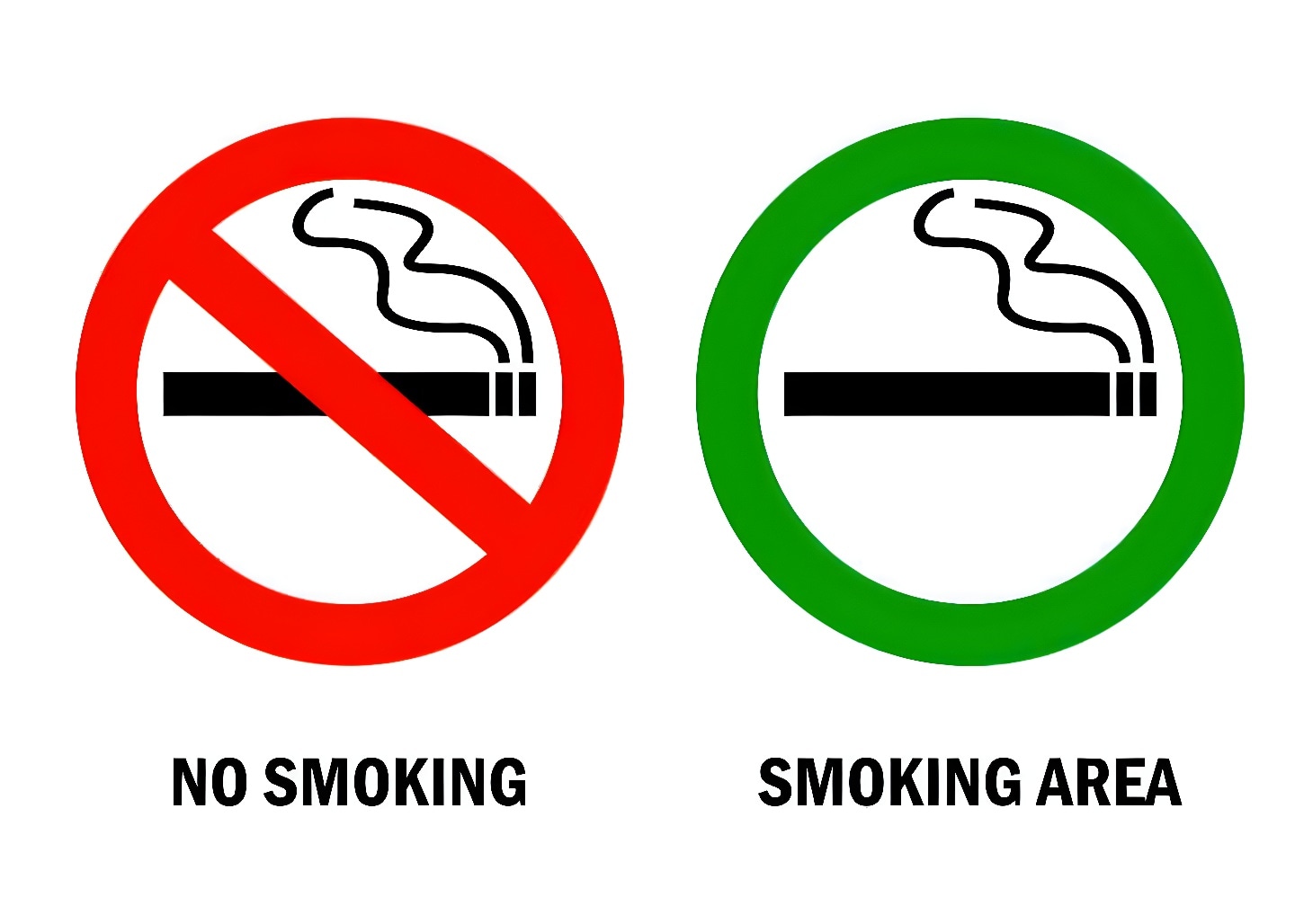
Smoking in Rental Properties: What Landlords Need To Know
As a landlord, you may encounter various challenges when renting out your property, and one of these challenges could be dealing with tenants who smoke. Smoking in a rental property can raise several concerns for landlords, from property damage to potential health hazards. In this article, we will discuss what landlords need to know when dealing with smokers in rental properties and how to address this issue effectively.
- Understand Smoking Policies
Before renting out your property, it’s essential to establish a clear smoking policy. Decide whether smoking will be allowed inside the rental unit, on balconies or patios, or if the property will be entirely smoke-free. Clearly outline these policies in the lease or tenancy agreement to avoid any misunderstandings.
- Include Smoking Clauses in Lease Agreements
Your lease agreement should contain explicit clauses regarding smoking. This includes rules on where smoking is permitted and any consequences for violating these rules. Ensure that tenants understand the consequences of smoking in non-designated areas, such as potential fines or lease termination.
- Conduct Thorough Background Checks
When screening potential tenants, consider conducting thorough background checks. This can help you identify tenants with a history of smoking-related issues or property damage. By selecting responsible tenants, you reduce the likelihood of dealing with smoking-related problems.
- Address Property Damage
Smoking can lead to property damage, such as stained walls, ceilings, and flooring, as well as lingering odors. Landlords should conduct regular inspections to identify and address any such damage promptly. Any necessary repairs or cleaning should be documented and billed to the tenant as per the lease agreement.
- Air Quality and Health Concerns
In addition to property damage, smoking can also pose health concerns for other tenants. Secondhand smoke can negatively impact the health of non-smoking residents, leading to potential complaints. If a non-smoking tenant raises concerns about secondhand smoke, you may need to intervene and find a resolution that ensures a healthy living environment for all.
- Respect Local Laws and Regulations
Local laws and regulations may affect your ability to enforce smoking policies. Some areas have ordinances that prohibit smoking in certain multi-unit housing complexes or public areas. Familiarize yourself with these regulations and ensure that your lease agreements comply with local laws.
- Enforce Smoking Policies Consistently
It’s crucial to enforce your smoking policies consistently. If you allow some tenants to smoke indoors while prohibiting others, you may open yourself up to legal challenges. Treat all tenants equally when it comes to smoking rules.
- Offer Smoking Cessation Resources
If you have tenants who wish to quit smoking, consider offering information about local smoking cessation resources. Providing support can lead to healthier living environments and reduce the risk of property damage caused by smoking.
- Consult Legal Advice
If you encounter persistent issues related to smoking in your rental property, consider seeking legal advice. An attorney can guide you through the process of enforcing your lease agreement and addressing any legal challenges that may arise.
Dealing with smokers in rental properties requires clear tenancy agreement policies, effective communication, and a commitment to maintaining the property’s condition and the well-being of all tenants. By understanding the challenges associated with smoking and addressing them proactively, landlords can create a positive and healthy living environment for all their tenants while protecting their property investment.






